According to FAM, many naturalized players playing in Spain, Argentina, Colombia and Japan cannot return to join the national team because the organizers moved the match up a few days, causing the match schedule to fall outside of FIFA Days, from August 29 to September 8, instead of September 1 to 9.
What Happens to the Results?
This forced Malaysia to use only domestic players and their competitiveness was significantly reduced, at the same time posing a risk of falling in the FIFA rankings. Faced with this situation, FAM was forced to withdraw to preserve their achievements and ensure their long-term plans.
Malaysia were drawn into the same group as Iran, Tajikistan and Afghanistan and confirmed their participation on June 23, before withdrawing at the last minute. If they continue to participate and Malaysia make it through the group stage, they will face strong opponents such as Uzbekistan, Kyrgyzstan or Oman in the next round.

Lack of naturalized players makes Malaysia afraid to face Central Asian teams
That makes the country's Football Federation concerned that without the strongest squad, participating in the tournament no longer has strategic significance.
Head coach Peter Cklamovski admitted that this was a difficult but necessary decision, in order to best prepare for the 2027 Asian Cup qualifiers in October and November. He also frankly said that over-reliance on naturalized players is causing many problems, both professionally and in public opinion.
Despite making a strong impression with their victory over Vietnam in June, this decision shows that Malaysia is still not confident enough to reach higher goals in the continental arena.
Source: https://nld.com.vn/malaysia-so-thua-rut-khoi-giai-trung-a-vi-thieu-cau-thu-nhap-tich-196250716191309853.htm



![[Photo] The first meeting of the Cooperation Committee between the National Assembly of Vietnam and the National People's Congress of China](https://vphoto.vietnam.vn/thumb/1200x675/vietnam/resource/IMAGE/2025/8/31/f5ed4def2e8f48e1a69b31464d355e12)
![[Photo] Chairman of the National People's Congress of China Zhao Leji visits the Ho Chi Minh Mausoleum](https://vphoto.vietnam.vn/thumb/1200x675/vietnam/resource/IMAGE/2025/9/1/45b2a2744fa84d27a59515b2fe53b42a)
![[Photo] General Secretary To Lam presides over the welcoming ceremony for First Secretary and President of Cuba Miguel Diaz-Canel Bermudez](https://vphoto.vietnam.vn/thumb/1200x675/vietnam/resource/IMAGE/2025/9/1/4f6ef5136b90463db3ebdd3d3d83ebe4)

![[Photo] President Luong Cuong receives Chairman of the House of Representatives (Lower House) of the Republic of Belarus Igor Sergeyenko](https://vphoto.vietnam.vn/thumb/1200x675/vietnam/resource/IMAGE/2025/9/1/a67d61e41405410999a43db45a0ba29c)
![[Photo] General Secretary To Lam holds talks with First Secretary and President of the Republic of Cuba Miguel Diaz-Canel Bermudez](https://vphoto.vietnam.vn/thumb/1200x675/vietnam/resource/IMAGE/2025/9/1/a2eab2ee4e4a4a81a8c605e46055ab78)
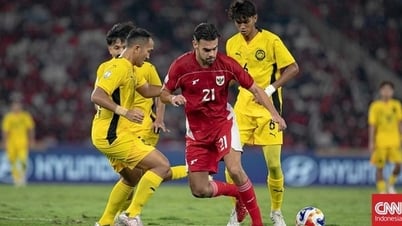






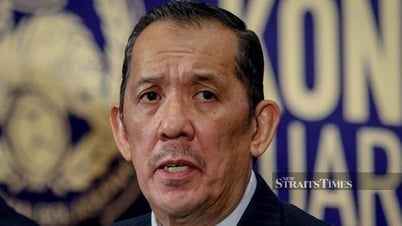



















![[Photo] Marching together in the hearts of the people](https://vphoto.vietnam.vn/thumb/1200x675/vietnam/resource/IMAGE/2025/8/31/8b778f9202e54a60919734e6f1d938c3)












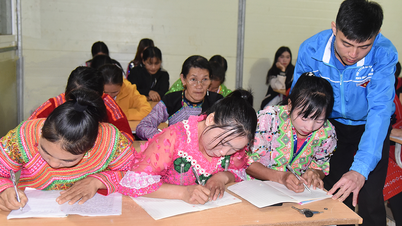













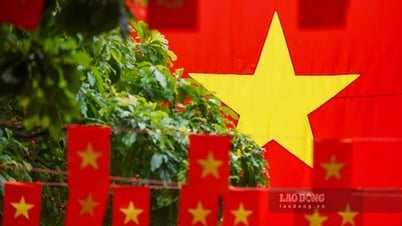

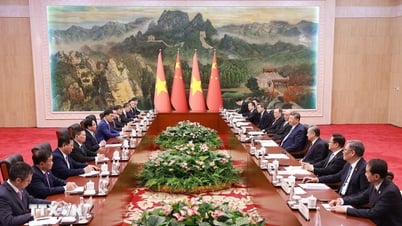
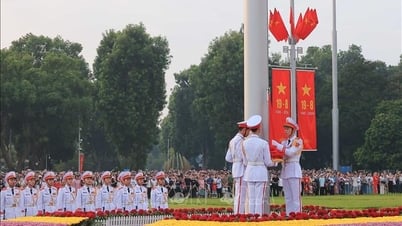





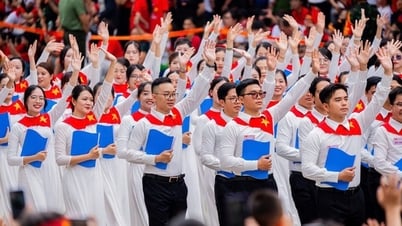










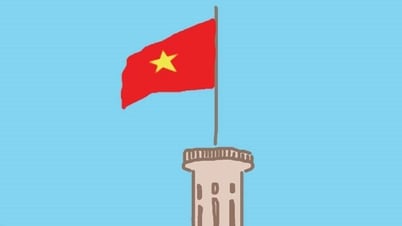



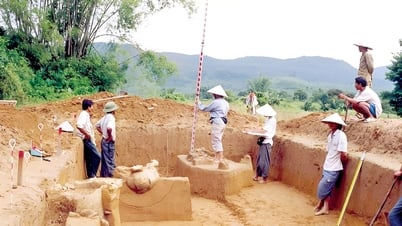










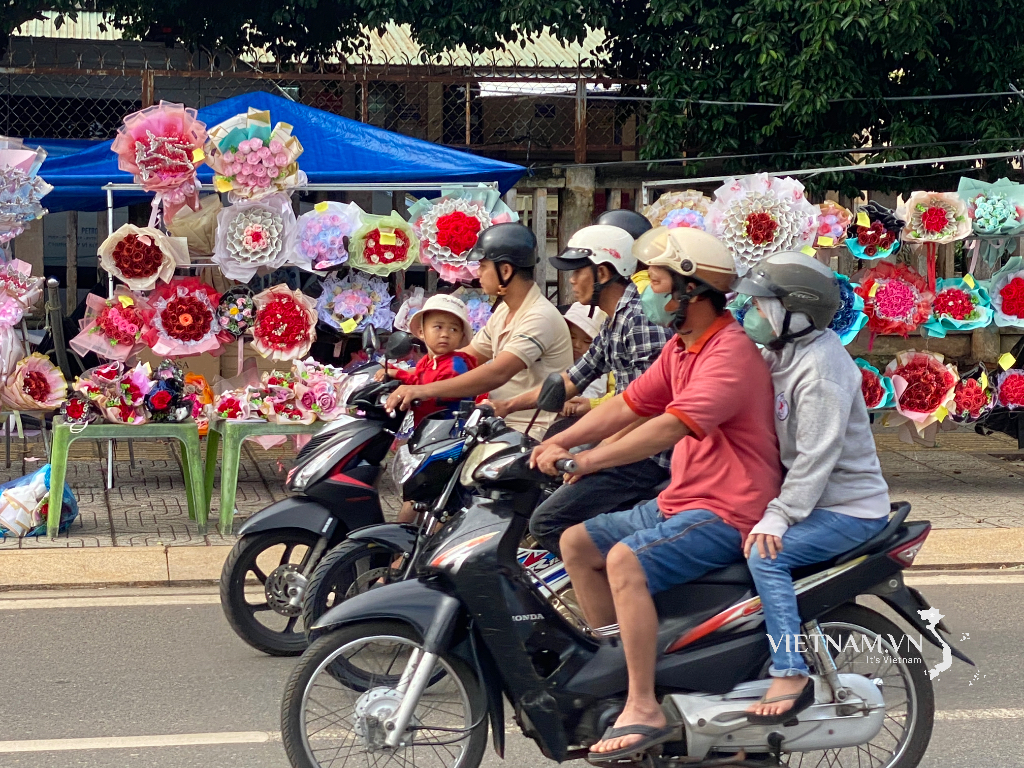

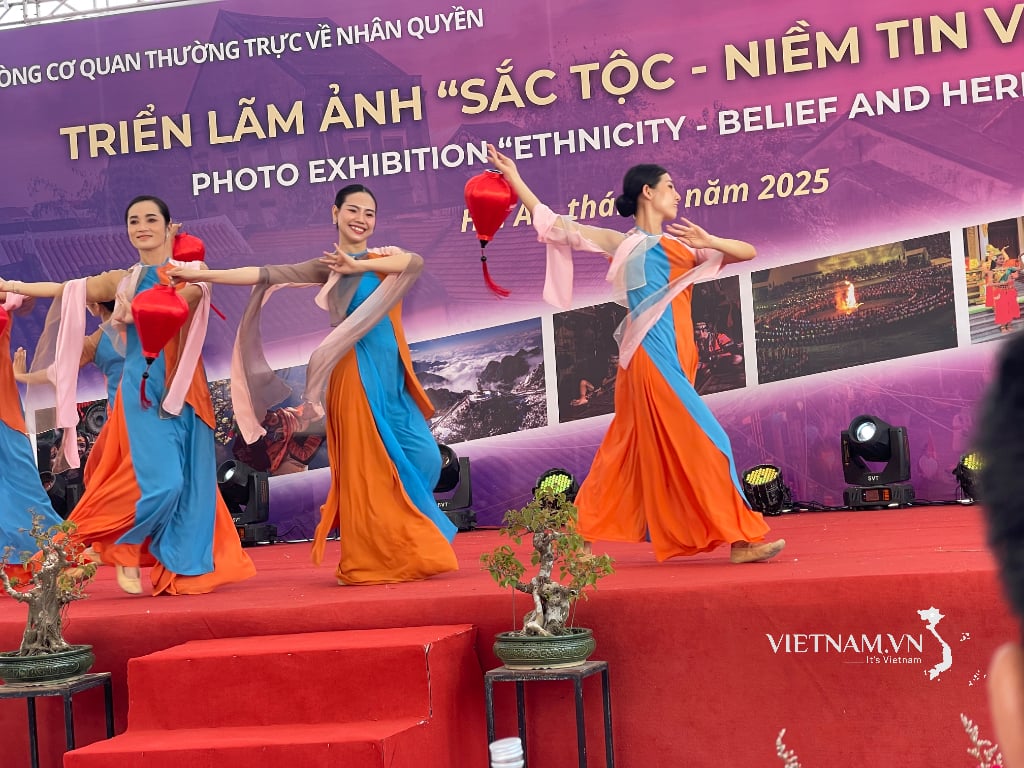
Comment (0)